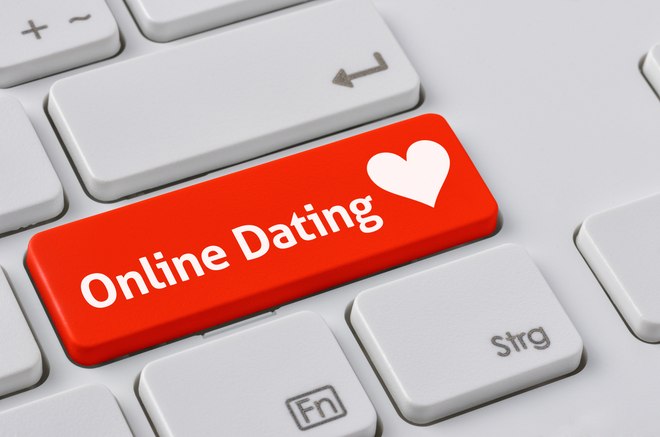About online dating: how real is the relationship? from Turgut Can's blog
"Online dating" is estimated to be a $2 billion business, and 1 in 10 people in the United States report having used an online dating site or mobile app, and a quarter say they have found a partner or even got married as a result of online dating.
Studies show that for some, this type of dating works, but for others it doesn't, and the difference between the two categories is given by the expectations that people have when they get involved in looking for a partner online.
Certain dynamics that we see in our online relationships have been explained through the prism of some traditional psychological theories:
For example, if we talk about the role of perception , which represents the process by which we sort and understand sensory information (taste, smell, hearing, touch, sight), in the online world we cannot use all these senses, but we use only one - visual. Thus, our ability to perceive the surrounding world becomes poorer. Also, we are limited even in terms of visual perception, because we do not have access to non-verbal communication.
On the other hand , the major disadvantage of online relationships is the lack of body language that could be read. A study shows that 93% of communication is through non-verbal means (including body language) and only 7% actual verbal communication.

"Online dating" is estimated to be a $2 billion business, and 1 in 10 people in the United States report having used an online dating site or mobile app, and a quarter say they have found a partner or even got married as a result of online dating.
Studies show that for some, this type of dating works, but for others it doesn't, and the difference between the two categories is given by the expectations that people have when they get involved in looking for a partner online.
Certain dynamics that we see in our online relationships have been explained through the prism of some traditional psychological theories:
For example, if we talk about the role of perception , which represents the process by which we sort and understand sensory information (taste, smell, hearing, touch, sight), in the online world we cannot use all these senses, but we use only one - visual. Thus, our ability to perceive the surrounding world becomes poorer. Also, we are limited even in terms of visual perception, because we do not have access to non-verbal communication.
On the other hand , the major disadvantage of online relationships is the lack of body language that could be read. A study shows that 93% of communication is through non-verbal means (including body language) and only 7% actual verbal communication .
How real is the online relationship ?
When we think about our online relationships and how "real" they are, we have to ask ourselves to what extent we trust the very limited perceptual information received from the other person.
Who is in front of the screen and who is behind it? Do we really know if our perceptual equipment has given us false information? Who are we on the Internet? Are we authentic? Do we show all aspects of our character and personality or only parts? Do others interpret what we present in the way we would like or are there many misunderstandings about who we are? What can we really understand about someone from what they write on the Internet?
Specialists have established some advantages and disadvantages of online dating:
The advantages of online dating can be the following:
More opportunities to find potential partners
A relatively safe way to initiate contact
The possibility that some sites filter certain people who would not fit with us in general
We have a clearer vision of our thoughts and ideas, considering that we write them down
We can be as we want to be and who we want to be, escaping from the limitations of reality
If we don't have too much confidence in ourselves, it is possible to be more confident behind the device
We can edit or delete certain things we said and we can calculate our words better
What are the disadvantages of online dating ?
The possibility of objectifying potential partners and the impossibility of getting involved in a relationship with them
The existence of too many options and the decision becomes much more difficult to make
Avoiding face-to-face meetings and misinterpreting some messages received online, which will lead to the refusal of meetings
If we are an extremely expressive person, we use gestures, body language, and these options can no longer be valid in the online environment and could represent a disadvantage
We can be more vulnerable, there are no physical signs that could alert us
Many people are much better at expressing themselves verbally, and the written way could represent a disadvantage
About online dating applications
If we refer to online dating applications, such as Tinder or Bumble, getting a match with someone, i.e. a "match", as it is called in the application, can come with adrenaline, because of those characteristics similar to those a video game. The purpose of this is to make us feel as if we have won something, and the unpredictable prizes offered by the application can motivate the user to continue the experience.
Studies show that, in fact, the first reason why people use dating applications is entertainment, and the search for a partner is only in fourth place in the ranking.
Psychologist Adam Atler says that this process of comparing online dating apps to video games is called gamification and takes advantage of the reward areas of our brain. On many dating apps, matching someone results in bright colors, upbeat noises, and maybe even blinding lights, just like when you play a slot machine, the machine will tell you when you've won with bells and flashing lights.










































The Wall